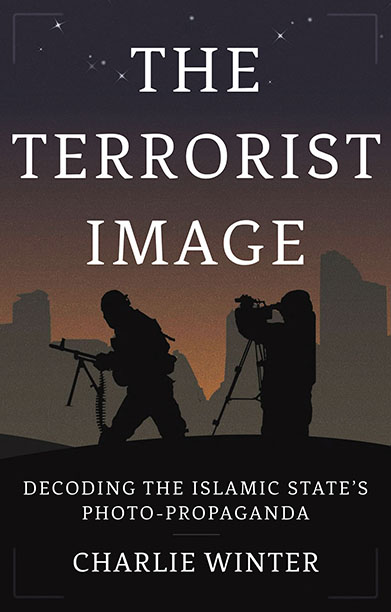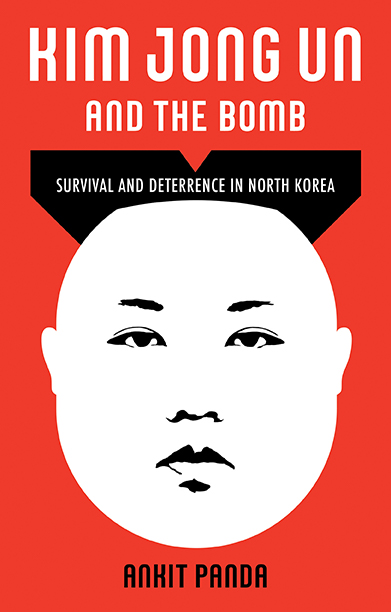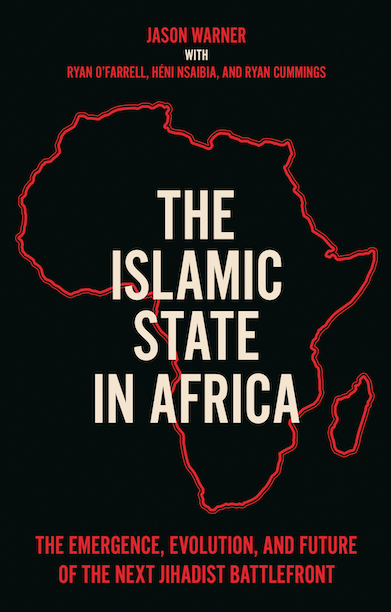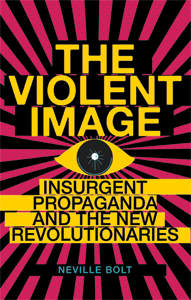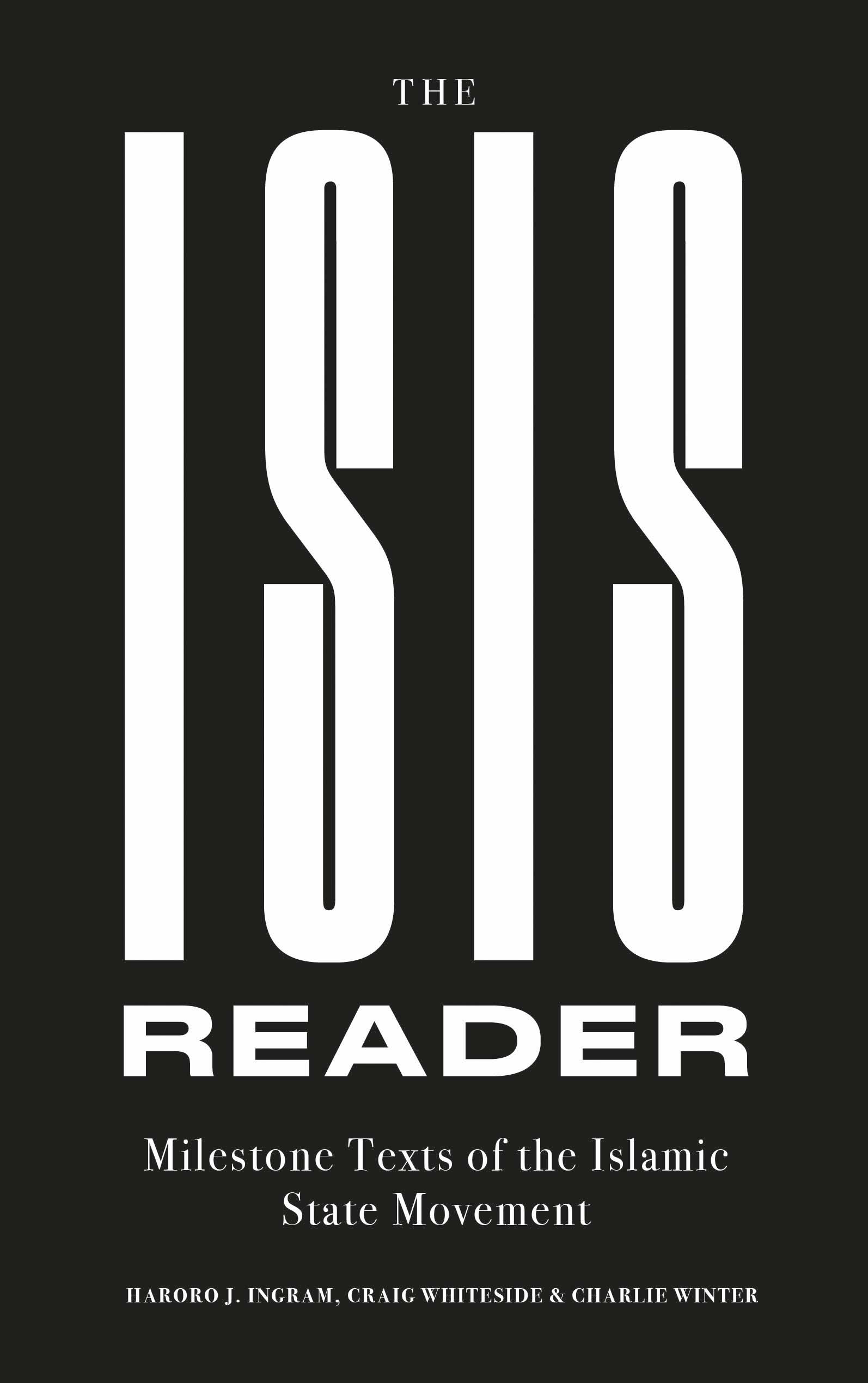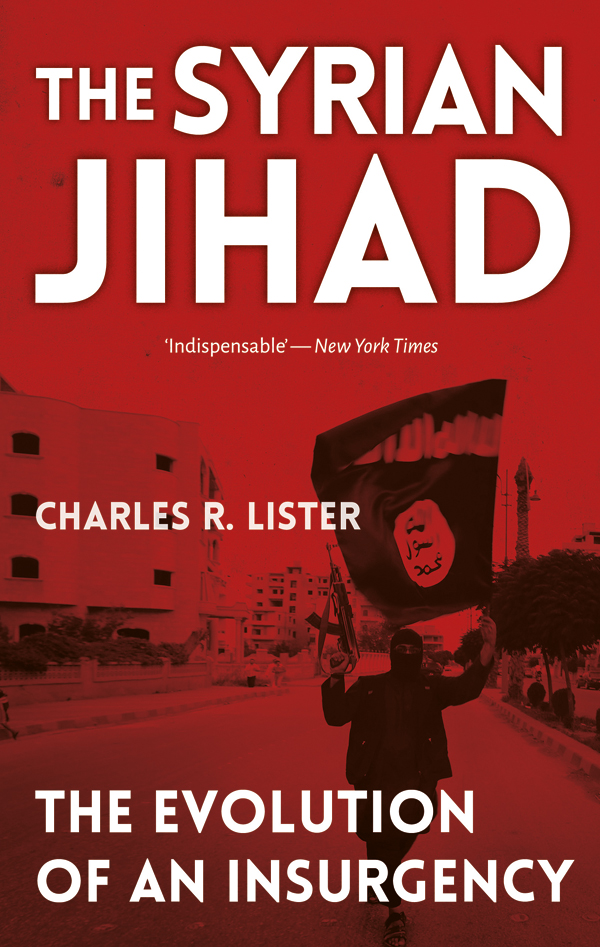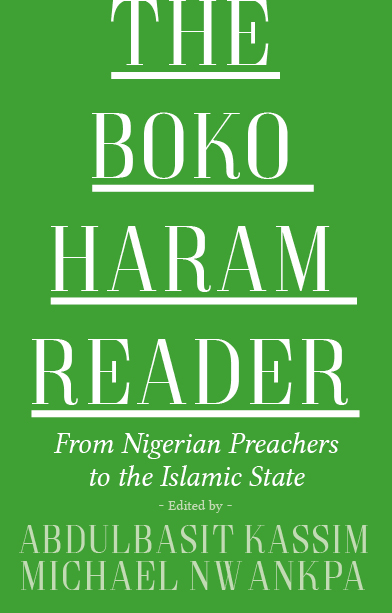The Terrorist Image
Decoding the Islamic State's Photo-Propaganda
Explores how the Islamic State shook the foundations of modern war photography.
Description
The summer of 2014–when the Islamic State seized Mosul, Iraq’s second city; captured vast swathes of eastern Syria; and declared itself a latter-day Caliphate–marked a turning point in the history of photography, one that pushed its already contested relationship with reality to its very limits.
Uniquely obsessed with narrative, image management and branding, the Islamic State used cameras as weapons in its formative years as a Caliphate. The tens of thousands of propaganda photographs captured during this time were used to denote policy, to navigate through defeat and, perhaps most importantly, to construct an impossible reality: a totalising image-world of Salafi-Jihadist symbols and myths.
Based on a deep examination of the 20,000 photographs Charlie Winter collected from the Islamic State’s covert networks online in 2017, this book explores the process by which the Caliphate shook the foundations of modern war photography. Focusing on the period in which it was at its strongest, Winter identifies the implicit value systems that underpinned the Caliphate’s ideological appeal, and evaluates its uniquely malign contribution to the history of the photographic image. The Terrorist Image travels to the heart of what made the Islamic State tick during its prime, providing unique insights into its global appeal and mobilisation successes.
Reviews
‘The Terrorist Image offers an exhaustive and brilliant account of the Islamic State’s use of photography to imagine, convey, and construct reality in view of its ideological and strategic goal(s).’ — E-International Relations
‘[T]his book is an excellent read given the prominent resort to images in jihadist communication and their powerful resonance… In a fast-evolving digital world, Winter shows how to deconstruct the ideas and the systems of meaning embedded in propaganda images.’ — International Affairs
‘A welcome addition to the literature on militant Islamist groups, non-state actors, and media/information warfare. [Winter’s] approach to the semiotics, techniques, and strategies of IS media warfare is comprehensive and rigorous and his writing style engaging while also being informative.’ — The Muslim World Book Review
‘Everybody knows images matter, but few have studied them as deeply as Charlie Winter. Stop what you are doing and join him on this fascinating visual journey into the mind of the Islamic State.’ — Thomas Hegghammer, Senior Research Fellow, Norwegian Defence Research Establishment
‘This in-depth, detailed and insightful investigation of the Islamic State’s use of visual semiotics offers a highly sophisticated understanding of how photographic images can be used to transmit a certain authority in propaganda and its meaning-making.’ — Tahir Abbas, FRSA, FAcSS, Professor of Radicalisation Studies, Institute of Security and Global Affairs, Leiden University
‘This brilliant and highly original analysis of how and why the Islamic State used cameras as weapons is indispensable for all who seek to understand the pull of militant jihad. It takes us into the heart of the meticulously constructed “reality” of the world’s most propaganda-savvy jihadist terror group.’ — Elisabeth Kendall, Senior Research Fellow in Arabic and Islamic Studies, Oxford University
‘A very insightful look at the photographic campaign of ISIS in its heyday. This will be an invaluable archive for years to come.’ — Kareem El Damanhoury, Assistant Professor, Department of Media, Film & Journalism Studies, University of Denver
‘The meticulous work of one of the world’s leading experts on the Islamic State and its propaganda machine. For everyone from scholars and policymakers to journalists and students, The Terrorist Image is essential reading.’ — Haroro J. Ingram, Senior Research Fellow, Program on Extremism, George Washington University
Author(s)
Charlie Winter is a senior research fellow at the International Centre for the Study of Radicalisation, King's College London. His PhD research, which was funded by Facebook, explored how violent extremists articulate meaning through visual propaganda. He also holds degrees in Arabic and Middle East Studies.
